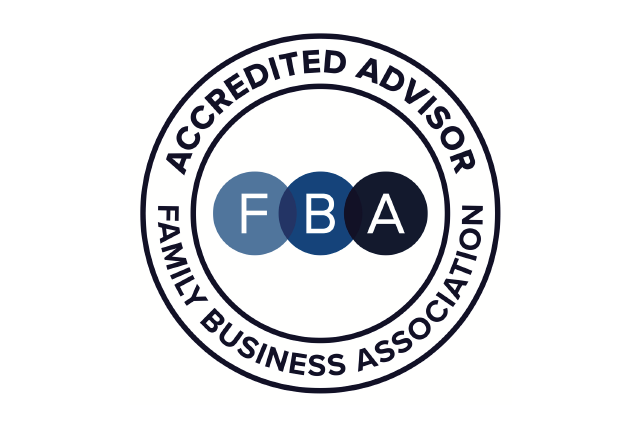The simple answer might well be a lot. It is widely known that litigation is expensive. Look at the fees that Lisa Wilkinson is asking the television network to pay on her behalf. Ben Roberts Smith needed a billionaire media mogul to fund his failed defamation case.
To help a prospective litigant reconcile the expense of impending litigation, let us take an overview of what is involved in challenging a will.
The first question is to establish what kind of a challenge. Is it dissatisfaction with the gifts under the will and a desire to receive more or is it an argument that the will is not a valid will because the testator was not of sound mind when making the will?
Let us look at the latter as it is the more expensive litigation. The first step is a forensic investigation to establish what evidence is available to persuade the court of your argument. Medical records are usually available, but there should be an enquiry as to other kinds of information that might attest to the testator’s state of mind, for example, any interaction between the deceased and a psychologist. Assembling the relevant evidence will require asking the professional to prepare a report or reports on the state of mind of the testator for the court and to be available to speak to that evidence and be cross examined. This evidence comes at a professional charge out rate.
A well-prepared case requires the engagement of a barrister to present the case to the court. The barrister must be fully briefed with the evidence and acquainted with the litigant. The barrister must be instructed at all times throughout any preliminary arguments in the court room and at trial. The fees of both the barrister and the solicitor have to be met throughout.
The costs of challenging a will are affected by matters beyond the litigant’s control. This is often manifest in the conduct of the opposing party, whether it be a failure to abide by the rules of the court applicable to the proceeding or the advancing of meritless argument. It can be delay for a myriad of reasons, for example, the limited availability of witnesses.
To get to trial is a long and expensive road with no guarantee of the outcome sought. The time may be up to two years, the dollar cost up to $200,000 and the emotional cost unquantifiable.
Minimising the costs of litigation begins at the estate planning stage where the testator looks for expert advice on the terms of a will and also arrangements regarding the holding of assets that will fall to the estate. There is no guarantee that litigation can be avoided, but good estate planning will substantially reduce the risk.
Should litigation ensue, the parties would be wise to take expert advice, to understand the limits of what the legal system can deliver by way of remedy and to avoid the pursuit of meritless claims and focus on a pragmatic settlement. Settlement by agreement between the parties is preferable on all fronts to the imposition of the court’s judgment.
By Elizabeth Lorimer
More on Wills and Estate Planning



